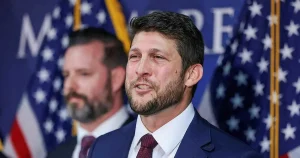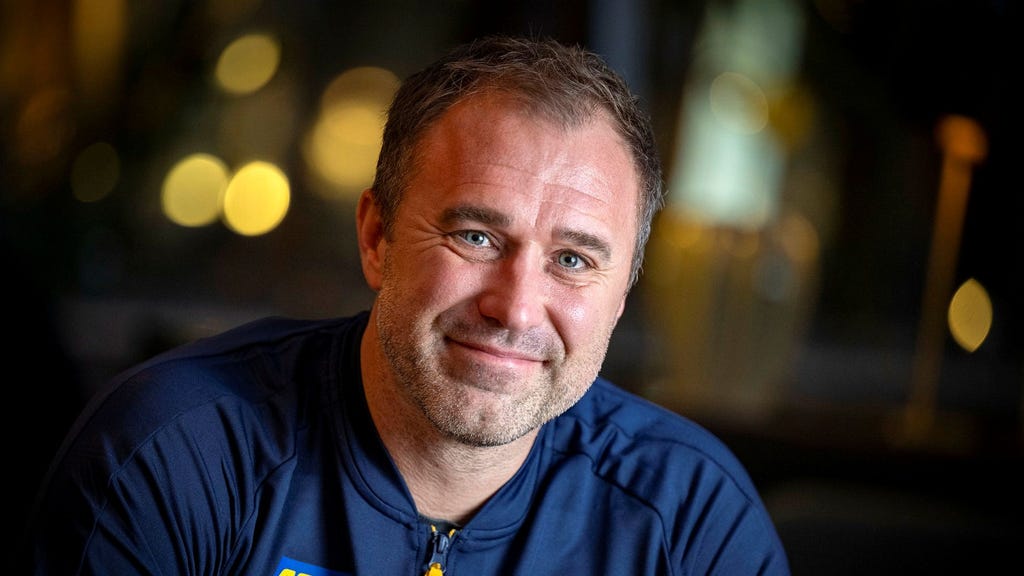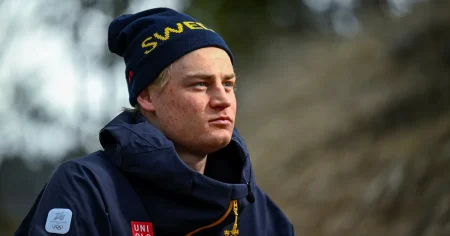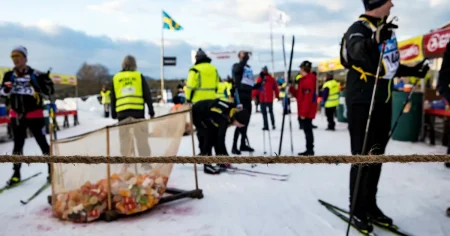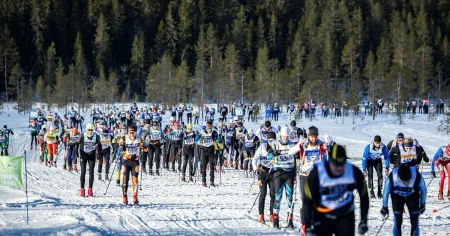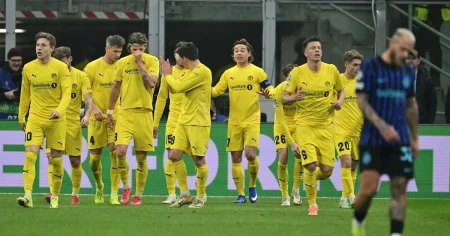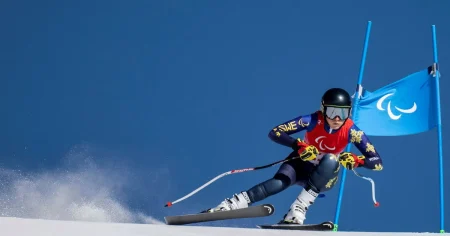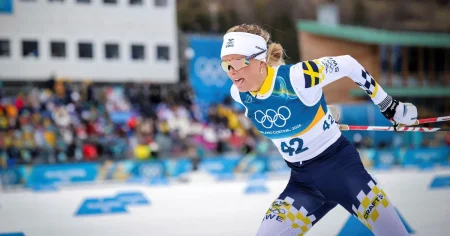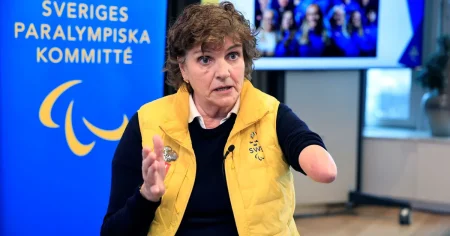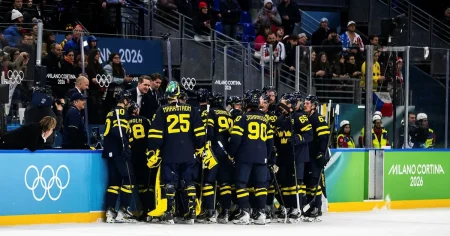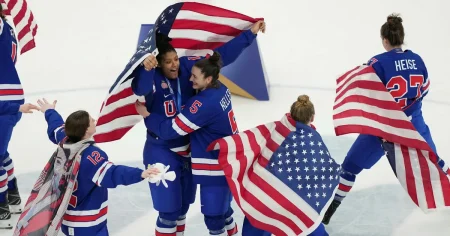Michael Apelgren, the newly appointed head coach of the Swedish national handball team, carries a rich handball pedigree. His grandfather played top-tier football for Hammarby, his father had a successful football career before transitioning to coaching, and his mother represented Sweden in handball. Despite growing up in a household steeped in sports, particularly football, Apelgren ultimately chose to pursue handball, a decision influenced by his perceived superior skill in the sport. He balanced both handball and football in his youth, eventually focusing on handball during his gymnasium years. This paved the way for a successful playing career followed by an even more distinguished coaching journey.
The offer to lead the national team presented itself at a complex juncture in Apelgren’s career. He had recently committed to coaching Pick Szeged, a prominent Hungarian club, while his family remained in Gothenburg. The prospect of juggling the demands of both roles, coupled with the timing of the offer so soon after signing a new club contract, gave him pause. He had long aspired to the national team coaching position, recognizing it as the pinnacle of the profession in Sweden. The unexpected departure of the previous coach, Glenn Solberg, created the opening, but the timing clashed with his existing commitments. Ultimately, the allure of leading his country proved irresistible, and with the support of his handball-enthusiast family, Apelgren accepted the challenge.
The initial hesitation quickly dissipated, replaced by a renewed focus and excitement for the task at hand. The World Championship loomed, and Apelgren embraced the opportunity to shape the team’s future, leaving behind any lingering controversies from the previous coaching regime. He consciously chose to shift the focus forward, drawing from past experiences to inform his leadership. His father’s coaching career served as an inspiration, while his own transition from player to coach with Elverum in Norway solidified his passion for the strategic side of the game. Initially a player-coach, he realized the team’s performance improved when he concentrated solely on coaching, leading them to their first national championship in a decade and a Champions League berth. This success validated his decision and cemented his reputation as a winning coach.
Apelgren’s coaching philosophy was further honed during his time in Norway. The passionate handball culture in Elverum provided a demanding but rewarding environment, forcing him to justify his decisions and fostering his growth as a coach. This experience, coupled with his prior successes as a player, winning national championships with both Hammarby and Sävehof, prepared him well for the national stage. His playing career also included stints in Spain, broadening his understanding of different handball styles and strategies. As a coach, he replicated his championship success with Sävehof, accumulating numerous titles and demonstrating a consistent ability to build winning teams.
Choosing his assistant coach was a straightforward decision. Patrik Fahlgren, a former Hammarby teammate and a close friend, shared Apelgren’s history and understanding of the game. This partnership brought a renewed Hammarby influence to the national team, reflecting Apelgren’s pride in the club’s rise to prominence in Stockholm’s handball scene. He contrasted this with his own youth, when elite handball in the capital was scarce, further highlighting the significance of his journey to becoming the national team coach. The shared experience and strong bond between Apelgren and Fahlgren promised a cohesive and effective coaching team.
The imminent World Championship presented a challenging debut for Apelgren. The tournament’s structure posed potential difficulties, with a tough draw and the risk of facing formidable opponents like Denmark in the later stages. The absence of key players due to injury further complicated matters, depriving the team of crucial offensive and defensive strengths. However, Apelgren remained resolute, choosing to focus on the players available rather than dwelling on those missing. He acknowledged the pressure inherent in high-level coaching, emphasizing the importance of embracing the competitive nature of the sport and the drive for results. This mindset, forged through years of experience as both a player and a coach, positioned him to navigate the complexities of the upcoming tournament and lead the Swedish team forward.



